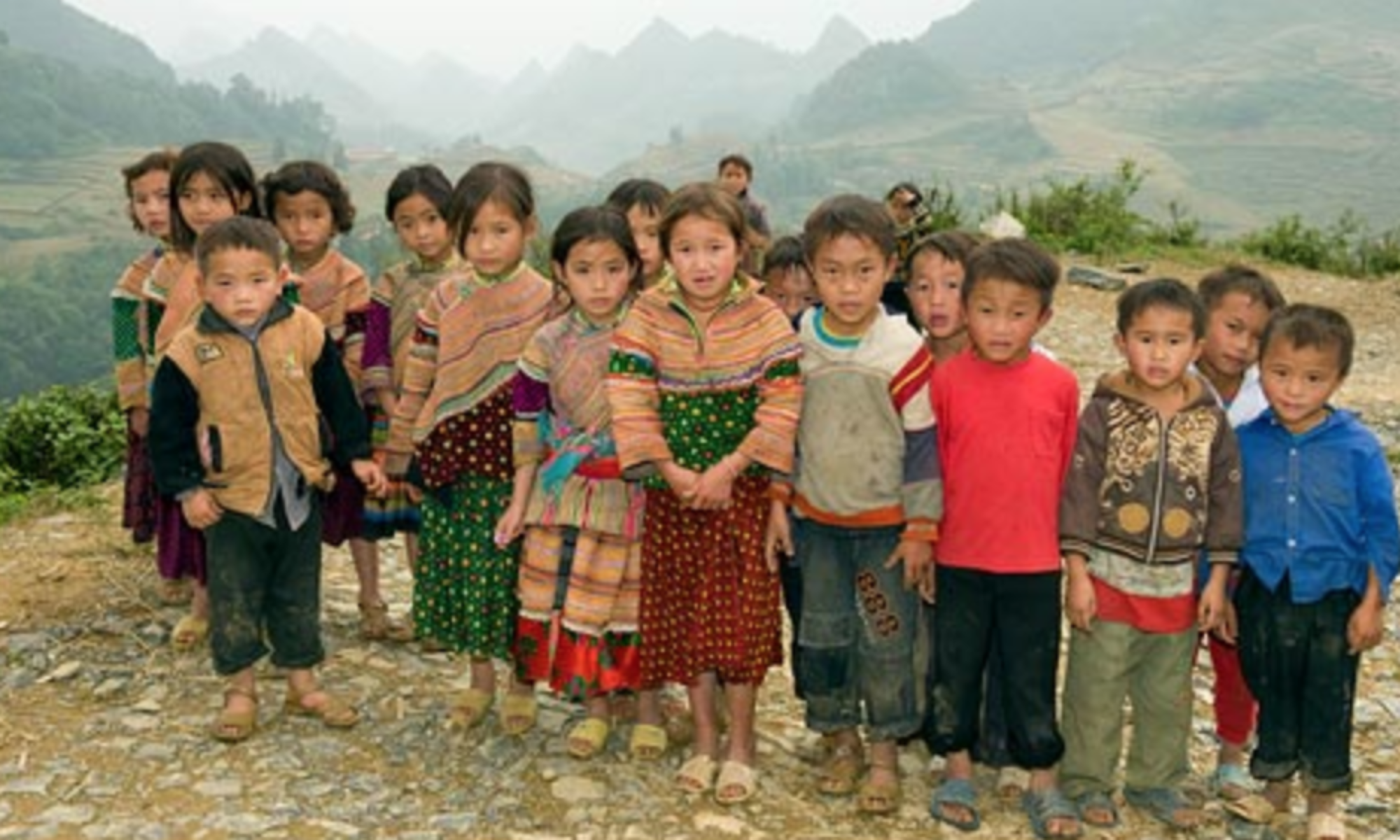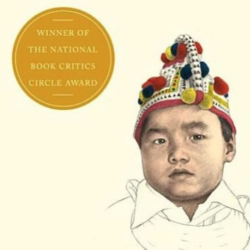“In his opinion, the physicians and nurses at Ban Vinai failed to win the cooperation of the camp inhabitants because they considered the relationship one-sided, with the Westerners holding all the knowledge. As long as they persisted in this view, he believed that what the medical establishment was offering would continue to be rejected, since the Hmong would view it not as a gift but as a form of coercion.”
This discussion of why Western Medicine ‘didn’t work’ on the Hmong gets at the heart of medical anthropology. A better understanding of the Hmong, or any group with different culture, would result in better health outcomes. If a physician understood that involving discussion of tvix neeb or asking the patient what they wanted to do to treat their ailment, a Hmong person might be more inclined to buy into the treatment plan prescribed by their doctor. The final sentence is also very important. It could be crucial to the way a doctor treats a patient if they understood that their patient would be more willing to be treated if the doctor framed the treatment as more of a gift than an order. While this may be difficult to do, the knowledge of that mindset would be important.

